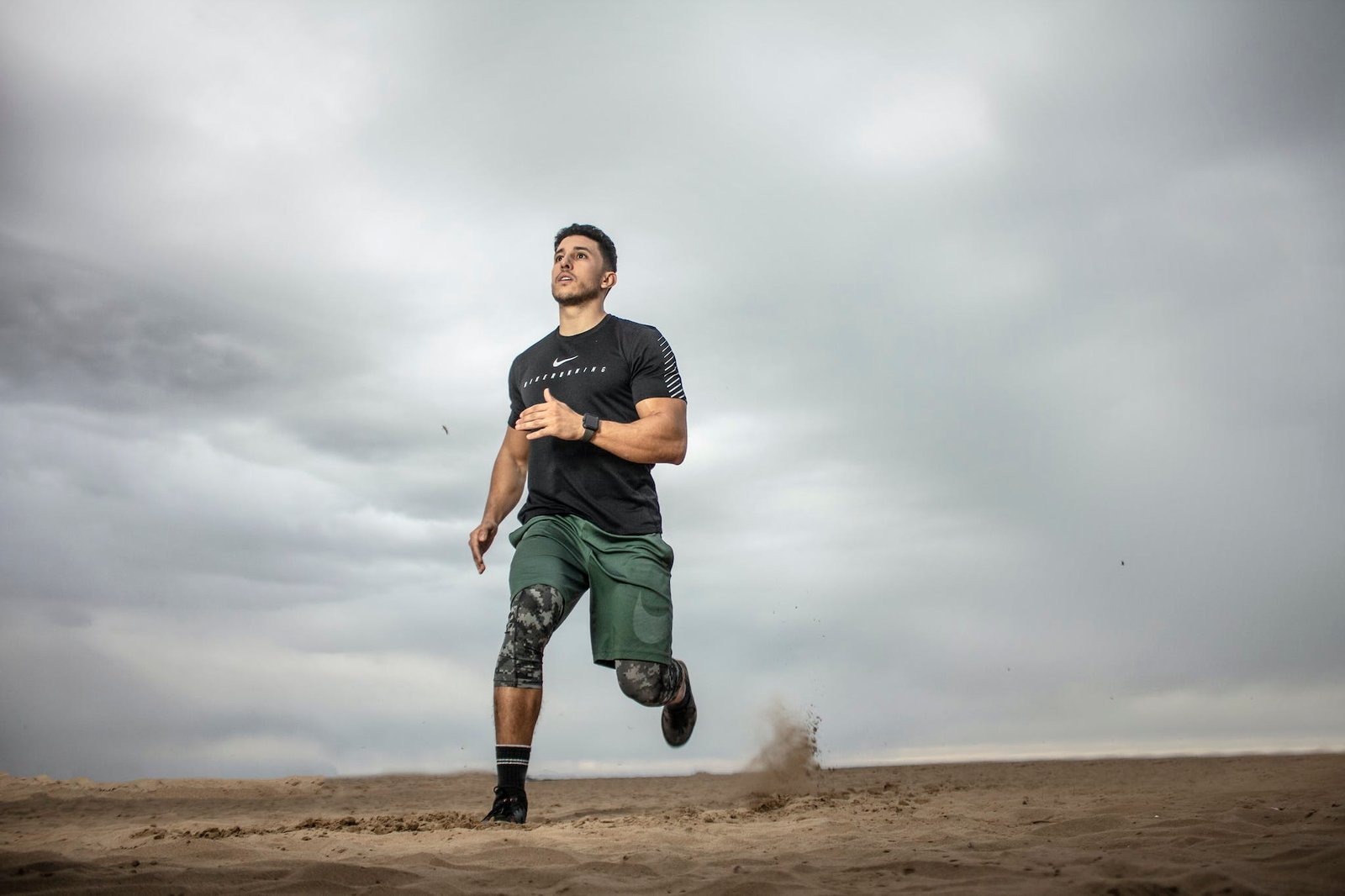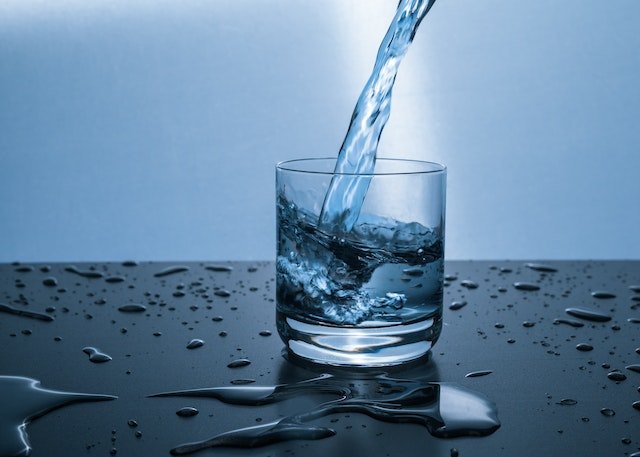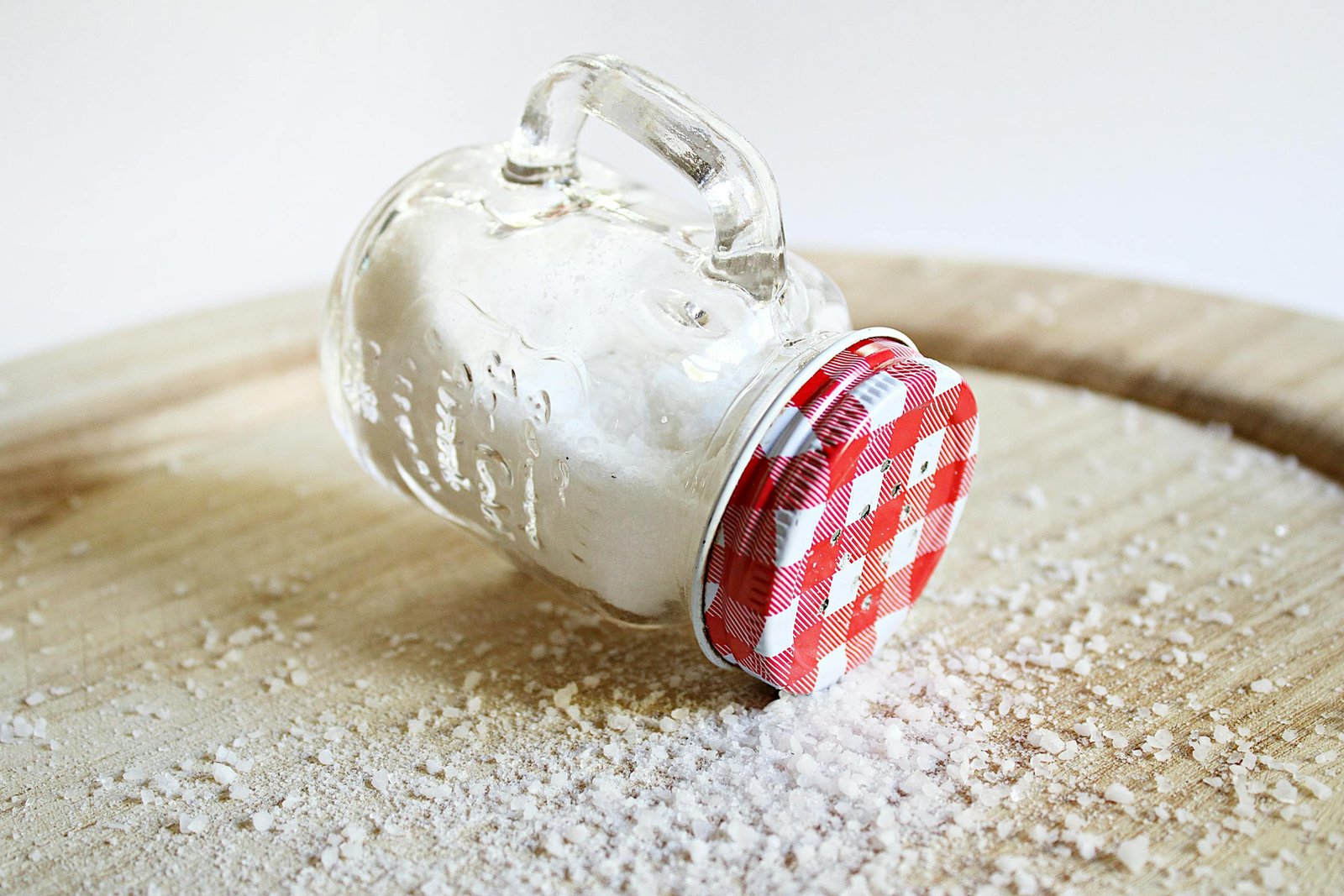Staying Hydrated While Exercising and Working Out
There are some affiliate links below, but they are all products I highly recommend. For more info, view my disclosure here.
Are you struggling to stay hydrated while working out? It’s important to understand the impact of dehydration on your performance.
In this article, we’ll explore the signs of dehydration and provide tips on how to stay hydrated before and after your workouts. We’ll also discuss different methods of hydration and how they can affect your overall performance.
Don’t let dehydration hold you back – read on to discover the importance of staying hydrated while exercising.
The Importance of Hydration During Exercise
You need to understand the importance of staying hydrated during exercise. When you engage in physical activity, your body sweats to cool itself down, and this process can lead to dehydration if you don’t replenish the lost fluids. Dehydration occurs when your body doesn’t have enough water to function properly, and it can have negative effects on your performance and overall health.
When you exercise, your body temperature rises, and you start to sweat. Sweat is your body’s way of regulating temperature, but it also means that you’re losing water. If you don’t replace this lost water, your body can become dehydrated, leading to symptoms like fatigue, muscle cramps, dizziness, and even heat exhaustion or heat stroke in severe cases.
Staying hydrated during exercise helps to maintain your body’s fluid balance, which is crucial for optimal performance. When you’re properly hydrated, your muscles and joints are better lubricated, allowing for smoother movements and reducing the risk of injury. Additionally, hydration aids in the delivery of nutrients to your muscles, helping them function efficiently.
To stay hydrated during exercise, it’s important to drink water before, during, and after your workout. Aim to drink at least 8 ounces of water 30 minutes before exercising, and continue to drink water every 15-20 minutes during your workout. After exercising, replenish your body by drinking more water to replace the fluids lost through sweat.
Understanding the Signs of Dehydration
Make sure to pay attention to the signs of dehydration during your workout. It’s easy to overlook the importance of staying hydrated, but it’s crucial for your overall health and performance. Dehydration occurs when your body loses more fluids than it takes in, and it can have serious consequences if not addressed promptly.
One of the first signs of dehydration is feeling thirsty. Your body is signaling that it needs more fluids, so listen to it and drink up! Another common indicator is dark-colored urine. When you’re dehydrated, your kidneys conserve water by producing less urine, resulting in a more concentrated and darker-colored urine. Pay attention to how often you need to urinate as well. If you’re not going as frequently as usual, it could be a sign of dehydration.
Other signs to watch out for include dry mouth, fatigue, dizziness, and muscle cramps. If you experience any of these symptoms during your workout, it’s important to hydrate immediately. Remember, prevention is key. Drink water before, during, and after your workout to stay properly hydrated and avoid the negative effects of dehydration.
Hydration Tips for Pre-Workout and Post-Workout
One of the best ways to prepare your body for a workout is by drinking water before you start. When you exercise, your body loses water through sweat, which can lead to dehydration if not replenished. By drinking water before your workout, you can help ensure that your body is properly hydrated and ready to perform at its best.
Drinking water before a workout helps to increase your blood volume, which in turn helps to deliver more oxygen to your muscles. This can improve your endurance and overall performance during your workout. Additionally, staying hydrated before exercising can help prevent muscle cramps and reduce the risk of overheating.
It is recommended to drink about 16-20 ounces of water at least 2-3 hours before your workout. This gives your body enough time to absorb the water and properly hydrate before you start exercising. During your workout, it’s also important to drink water at regular intervals to replenish any fluids lost through sweat.
Remember, staying hydrated isn’t only important before your workout, but also after. After exercising, your body needs to replenish the fluids it has lost. Drinking water post-workout helps to rehydrate your body and aids in muscle recovery.
Choosing the Right Hydration Methods
To ensure proper hydration, it’s important to choose the right methods for replenishing fluids before and after your workout. When it comes to hydrating before your workout, focus on consuming fluids that will provide both hydration and energy.
Opt for water or sports drinks that contain electrolytes and carbohydrates. These will help to replenish your body’s fluids and provide the necessary fuel for your workout. Avoid sugary drinks or carbonated beverages, as they can lead to bloating and discomfort during exercise.
After your workout, it’s crucial to replenish the fluids you lost through sweat. Water is always a good choice, but you can also consider consuming a sports drink or coconut water to replace electrolytes. Additionally, including a source of protein in your post-workout hydration routine can help with muscle recovery.
This can be achieved through a protein shake, Greek yogurt, or a protein-rich snack.
Remember to listen to your body and drink when you’re thirsty. Don’t wait until you feel excessively thirsty, as this could be a sign of dehydration. By choosing the right hydration methods and staying consistent with your fluid intake, you can ensure that your body is properly hydrated before and after your workouts.
Hydration and Performance: How It Affects Your Workout
If you’re not properly hydrated, your workout performance may suffer. When you exercise, your body loses water through sweat and increased breathing. This can lead to dehydration, which can negatively impact your physical performance. Dehydration can cause fatigue, muscle cramps, dizziness, and even heat exhaustion or heat stroke. To prevent these issues and maximize your workout potential, it’s crucial to stay hydrated before, during, and after exercise.
Before starting your workout, make sure to drink water to ensure that you’re properly hydrated. It’s recommended to drink about 16-20 ounces of water at least two hours before exercising. During your workout, aim to drink water every 15-20 minutes, especially if you’re engaged in intense or prolonged exercise. This will help replenish the fluids lost through sweat and keep your body hydrated. After your workout, continue to drink water to rehydrate and replace any lost fluids.
In addition to water, sports drinks can also be beneficial during intense workouts as they contain electrolytes that help maintain proper hydration and replenish lost minerals. However, it’s important to note that sports drinks can also be high in sugar, so it’s best to choose low sugar or sugar-free options.







